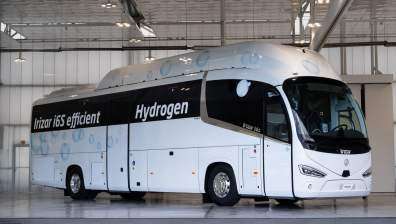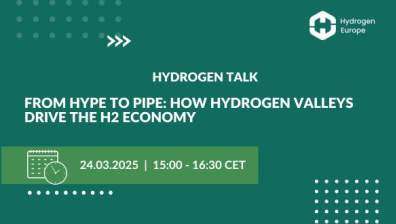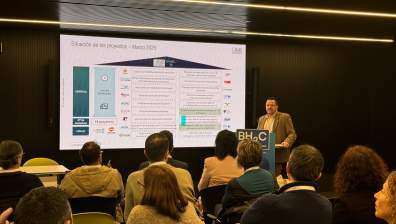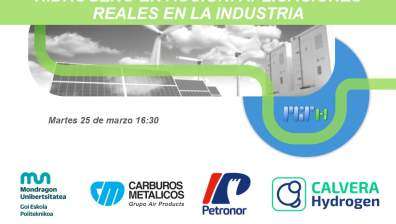
José Ignacio Zudaire, President of the BH2C, reviews the progress made by the Association in an interview with Energía Estratégica.
|
2023 was a key year for the Basque Hydrogen Corridor (BH2C), a year in which significant progress was made at international level, consolidating partnerships and signing key agreements. One stand-out achievement was the signing of the collaboration agreement with the Port of Amsterdam for the export of renewable gas and synthetic fuels, fundamental for the global strategy of the BH2C, and the opening up of ties with benchmark organisations in the Japanese market. All this with a view to a prosperous future for this organisation, which is working towards decarbonising local industry as a key step prior to any consideration of exports. With a clear focus on industrial competitiveness, the BH2C is looking to spearhead the production of green steel and activity in other hard-to-abate sectors such as glass and cement. In this sense, the BH2C is not only focused on international expansion, but also on collaboration with other regions in Spain, including the partnerships with Navarre, Aragon and Catalonia, forming the Ebro corridor, and the incipient talks with Galicia to extend the project in the Atlantic Arc. Likewise, the Association's research centre is working to promote the transport of green hydrogen through the existing gas networks, and has managed to successfully achieve a 15%+ blend with a view to meeting the 20% target in the near future. All these issues are discussed in depth in the interview that Jose Ignacio Zudaire, President of the BH2C, has given to Energía Estratégica España, in which Mr. Zudaire also states that "2024 is going to be the year when the industrial decarbonisation project will take off". Petronor has already started up the first 2.5 MW electrolyser in the Basque Country. In 2025, the capacity will be expanded to 10 MW, until eventually meeting the target of 100 MW in 2026. Source: Energía Estratégica España |




